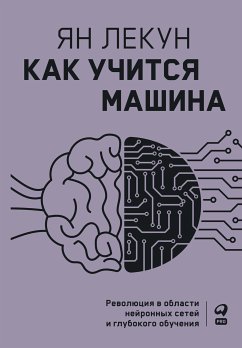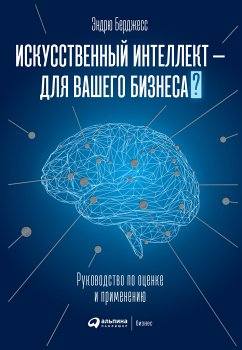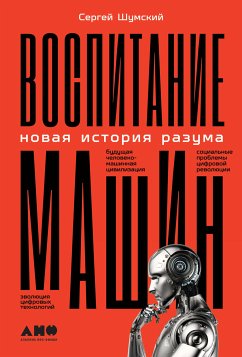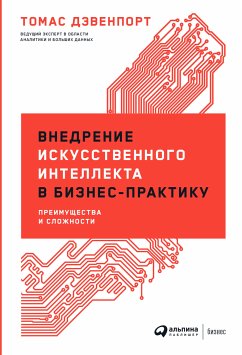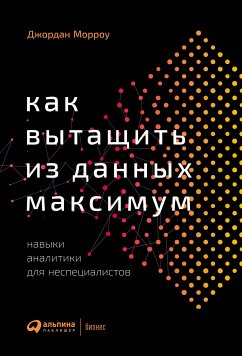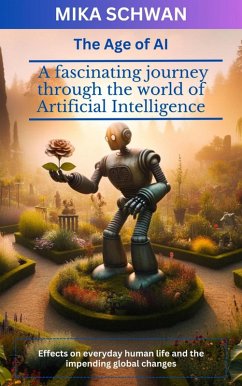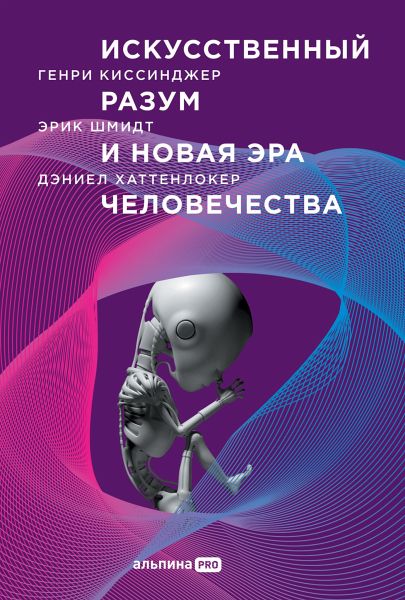
The Age of AI: And Our Human Future (eBook, ePUB)

PAYBACK Punkte
0 °P sammeln!
In 2017, the AlphaZero neural network became the best chess player. Knowing only the rules of the game, she was able to develop a unique winning tactic in just 4 hours. Three years later, an artificial intelligence program at the Massachusetts Institute of Technology was able to solve a more difficult task - to develop a new kind of antibiotic, chalicin. It is able to destroy bacteria that are resistant to all other drugs. Program learning penetrates into all areas of life: it is used in the transport industry, medicine, trade, finance, law enforcement and other areas. Neural networks are capa...
In 2017, the AlphaZero neural network became the best chess player. Knowing only the rules of the game, she was able to develop a unique winning tactic in just 4 hours. Three years later, an artificial intelligence program at the Massachusetts Institute of Technology was able to solve a more difficult task - to develop a new kind of antibiotic, chalicin. It is able to destroy bacteria that are resistant to all other drugs. Program learning penetrates into all areas of life: it is used in the transport industry, medicine, trade, finance, law enforcement and other areas. Neural networks are capable of quickly coming up with ideas and innovations that would take humans decades, if not a lifetime, to develop. Scientists hope that thanks to AI we will be able to solve global problems: find cures for deadly diseases, cope with hunger and low levels of education in certain regions, and safely master the oceans and space. But the use of artificial intelligence can also have negative consequences, because many processes in its work remain incomprehensible to humans. The authors of this book have collected reflections on the opportunities and challenges associated with the advent of AI. They explain what radical changes can occur in our history, understanding of the world and our own role in it, and help to understand the impact of AI on the future of our society.
Dieser Download kann aus rechtlichen Gründen nur mit Rechnungsadresse in A, B, BG, CY, CZ, D, DK, EW, E, FIN, F, GR, H, IRL, I, LT, L, LR, M, NL, PL, P, R, S, SLO, SK ausgeliefert werden.





